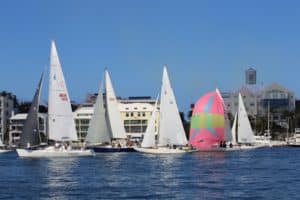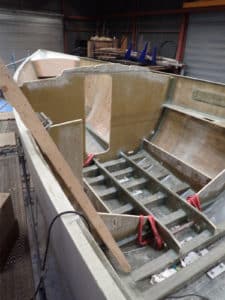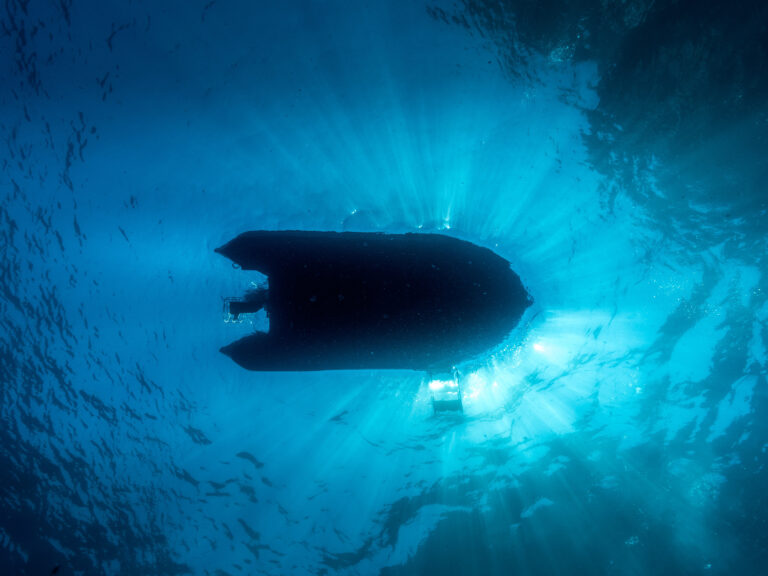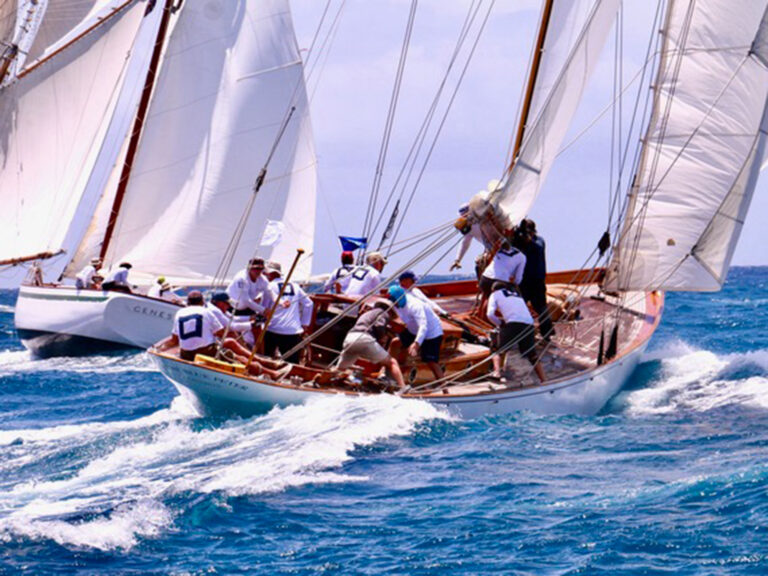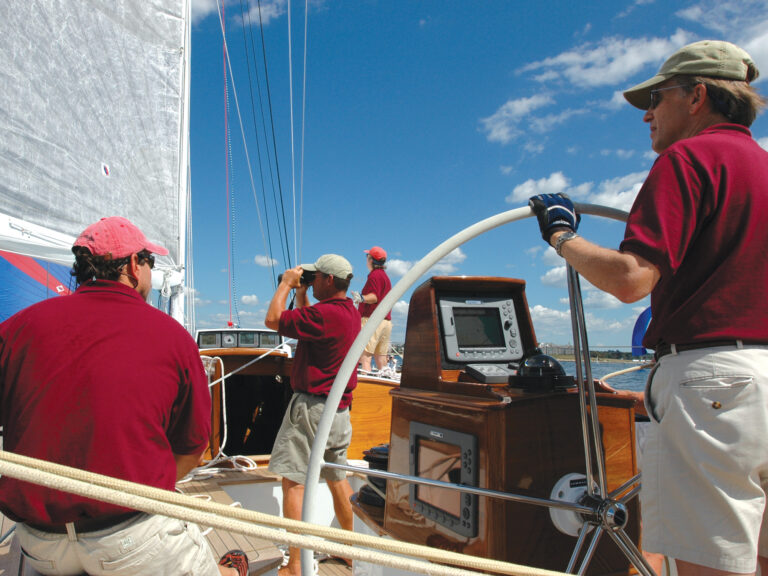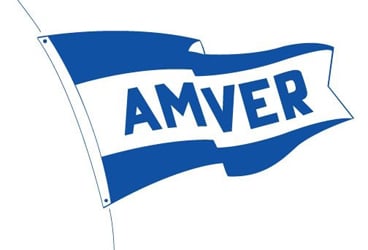
The U.S. Coast Guard said it coordinated the rescue of three sailors aboard a sinking sailboat approximately 50 miles south of Balboa, Panama, at approximately 5:23 p.m., Sunday. The sailors, whose vessel was reportedly taking on water for several days, were rescued by the 600-foot motor vessel Glenda Meryl, an AMVER system vessel.
Watchstanders from the 11th Coast Guard District rescue coordination center in Alameda, Calif., were notified at approximately 4:15 a.m. Sunday of a distress signal from a U.S.-registered 406 MHz emergency position indicating radio beacon (EPIRB) that was traced to the 42-foot Even Star.
Search planners contacted the family of the owner who said the vessel had three U.S. citizens aboard and were on a voyage from California to Panama.
The Coast Guard used the Automated Mutual-Assistance Vessel Rescue (AMVER) system and issued a safety alert requesting vessels in the area to assist. The Liberian-registered tanker Glenda Meryl was approximately 30 miles away and responded, arriving on scene at 5:23 p.m. and safely rescued the three sailors.
The sailboat had reportedly been taking on water since Saturday, which had become unmanageable even with onboard pumps. The three sailors arrived in Balboa, Panama, on the Glenda Meryl this morning. There were no injuries reported.
A ham radio operator with the Panama Air force also assisted with communications and coordination of the rescue.
“The EPIRB was the key to saving these lives,” said Capt. Michael Eagle, Chief of the 11th Coast Guard District Response. “We appreciate the quick response from fellow mariners and Ham radio stations in this case, but without that initial signal from the EPIRB we may never have known about this distress. We urge all boaters to get an EPIRB, and register it with the National Oceanic and Atmospheric Administration.”
The tanker that performed the rescue was a member of AMVER. Sponsored by the U. S. Coast Guard, AMVER is a unique, computer-based, and voluntary global ship reporting system used worldwide by search and rescue authorities to arrange for assistance to persons in distress at sea. With AMVER, rescue coordinators can identify participating ships in the area of distress and divert the best-suited ship or ships to respond.



